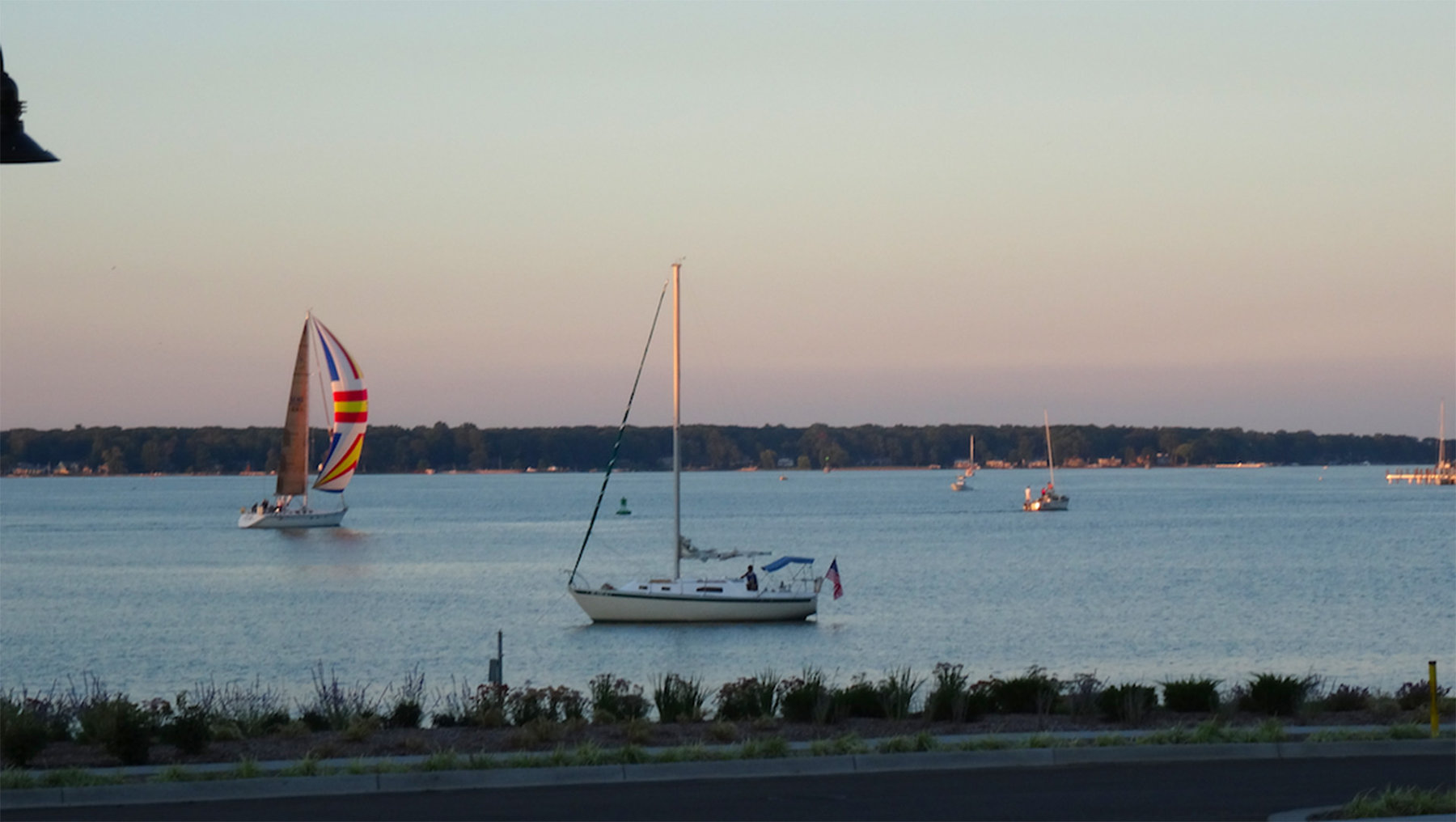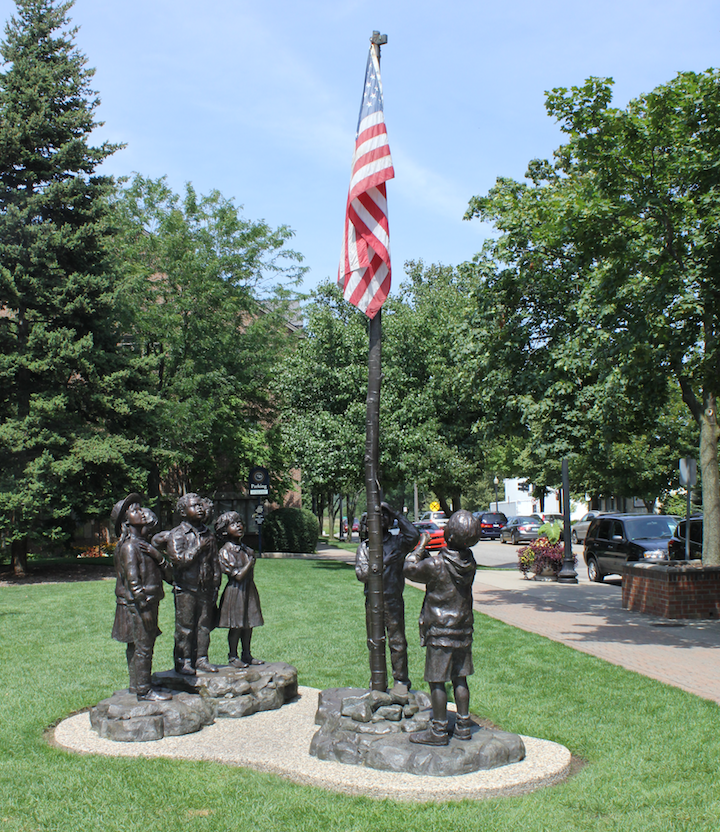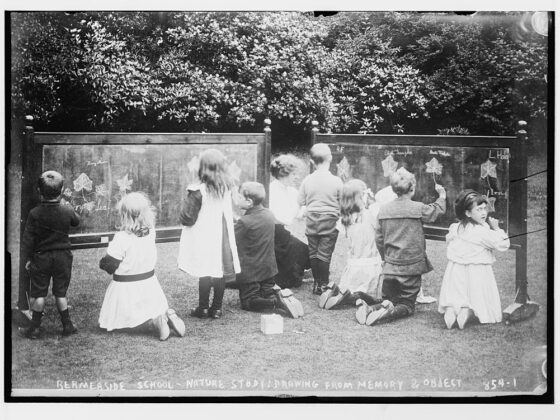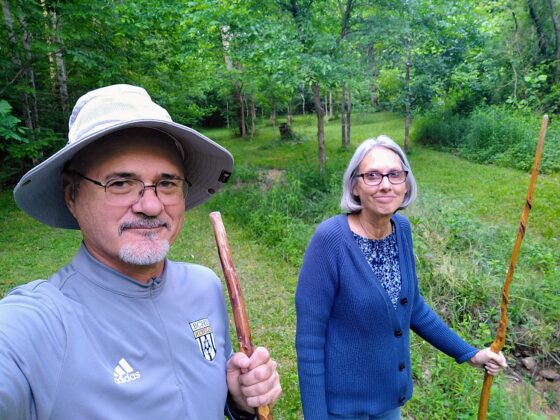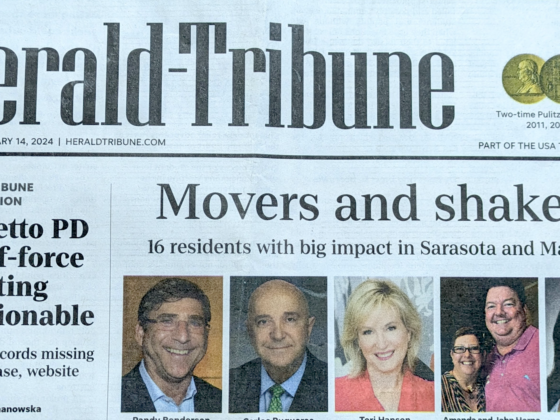Over the past few weeks my wife and I have had a lot to say about the little lakeside manufacturing town of Holland, Michigan. Main themes: conservative Dutch-religious influence for better and worse, manufacturing culture, economically important and unevenly assimilated immigrant community, culturally important though sometimes controversial local corporate dynasties, resurrected downtown, idiosyncrasies of local language, and on through the list.
I was preparing one last “substance” post on Holland, about the gay-equality initiatives that have run into trouble from the city government and the leadership of the church-affiliated local Hope College. I talked about the resulting controversies with many people including (at the New Holland Brewery) with the mayor.
‘I won’t live there.’ I got a lot of messages in this vein:
I’m a graduate of Hope College, magna cum laude in [XX subject in the late 1970s]. I know the area well. I have some Dutch ancestry. My sister is [an official] about 30 miles north. I know Holland and western Michigan and Dutch-American culture from the inside.
I grant all the excellent qualities you have written about –hard work, ingenuity, social cohesion, and a sense of an America very different from DC or NYC.
I won’t live in Holland, and when my own children [three ages 15-19] have looked at colleges (or will), I never suggested my alma mater.
My reason: the social narrowness of smug Dutch-American culture. Athough there is a very significant Latino population in Holland, it has not successfully challenged Dutch-American Christian Reformed hegemony. That hegemony will allow no compromises.
You alluded to this smugness when you mentioned the failure of the gay rights initiative(s) there. I wouldn’t want to raise my children in this atmosphere, and I don’t want my children going to college in it. The hateful things that were said during that discussion give evidence of the smugness of that culture.
I live in Connecticut now (outside New Haven), and there’s a lot wrong with CT. But we experience far more cultural, religious, and racial diversity here. It’s not perfect, but we’re working on it.
Holland has many fine qualities. But it’s suffocating for many people, including me. Do mention the numerous people from Holland, and Western Michigan, who have fled the cultural suffocation.
‘I won’t live there, either.’ To give another sample:
It’s interesting how a brief visit imbues one with all sorts of ideas about a place. I’m sure you’ve received a lot of letters from residents or locals; this is another one (although now I split time between Evanston/Chicago and Wuhan, Hubei, PRC.
You got the local money part right. It’s the underlying provincialism and Calvinist ethic that one has to be there a long time to understand. A corollary article might be “What’s it like to be an outsider in Holland?”
It gets pretty insulated. Having grown up there, I’m now a “FIP”, as in “fucking Illinois person”. There’s a long list of similar story lines.
It gets real small in Holland. You saw it at its best. [As below]
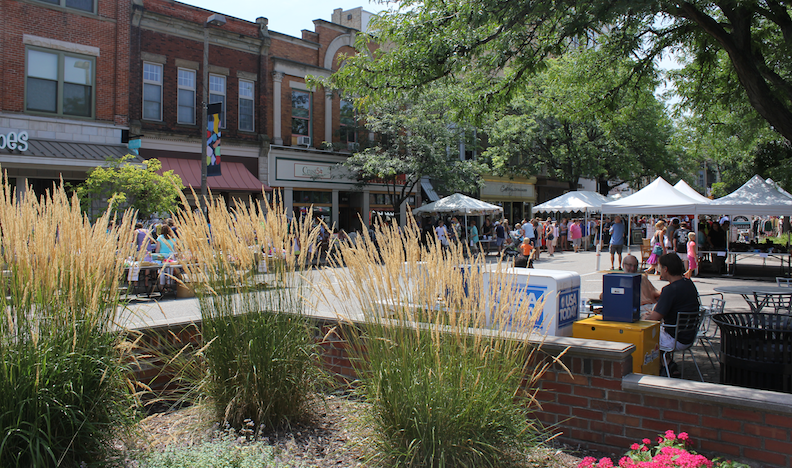
The equality struggle. From a filmmaker nearby.
As you and your wife continue your journey, I wanted to be sure you are aware of the non-profit Until Love is Equal. (I doubt many Hollanders will bring it up.)…
While the efforts of this Grand Rapids-based group have been determined and well-intentioned, I don’t believe the council has taken any action on the issue as a result of ULIE’s campaign. I do believe, however, that the campaign’s message and media campaign has helped generate fresh dialogue among Hollanders (and surrounding communities) about the average experience of gay citizens in their city. Or maybe not. Could be worth asking?
Yes indeed. We actually heard about ULIE while there, and the controversy over the city’s rejection of its measures came up repeatedly. Especially we heard this from some international business people who were concerned that it would mark the city as intolerant and thus make recruiting to Holland a harder sell for professionals they were trying to attract from bigger-city America or overseas.
Why a Dutch-American community could be less tolerant than the original Holland itself. Also on this theme:
I live in Grand Rapids and it is a bit embarrassing that they cannot figure this out in a region that wishes to emulate their [Netherlands] homeland (as they often proclaim.) We have asked what does it say about being billed as a welcoming community when their leaders out and out reject LGBT as full citizens worthy of protections.
Grand Rapids enacted protections for their LGBT in 1994. MIchigan has more than 20 other cities that have followed since…except Holland. The council rejected its opportunity even after their civil rights committee said overwhelming this was a real problem.
And racially divided. A reader born and raised there writes:
I truly do believe Holland is a unique city, and one ripe for study — especially after coming to college and getting a better perspective on how most cities of Holland’s size operate economically and socially.
Growing up in Holland, I was a bit of an outcast politically (not just in the town, in my family, too). So I was highly critically ofHolland’s political and religious climate. Now I appreciate more fully how valuable an experience it was to grow up in such a diverse climate — diverse politically, economically, and racially. And now I unabashedly love the city.
Holland’s racial divisions is an issue I would encourage you to pay special attention to. I attended Holland public schools, and by the time I got to Holland High School, there were discussions amongst friends and teachers about the drastic “white flight” experienced by Holland public schools over the past few decades. Of course no empirical study exists, but if you look at the number of students Holland public schools lost — mainly to schools within driving distance of Holland public (Michigan is a “school of choice” state) — and look at the changing racial composition of the schools, while also considering Holland’s struggle with some pretty serious gang activity in the late 1980s and 1990s, I don’t think “white flight” is too strong a term.
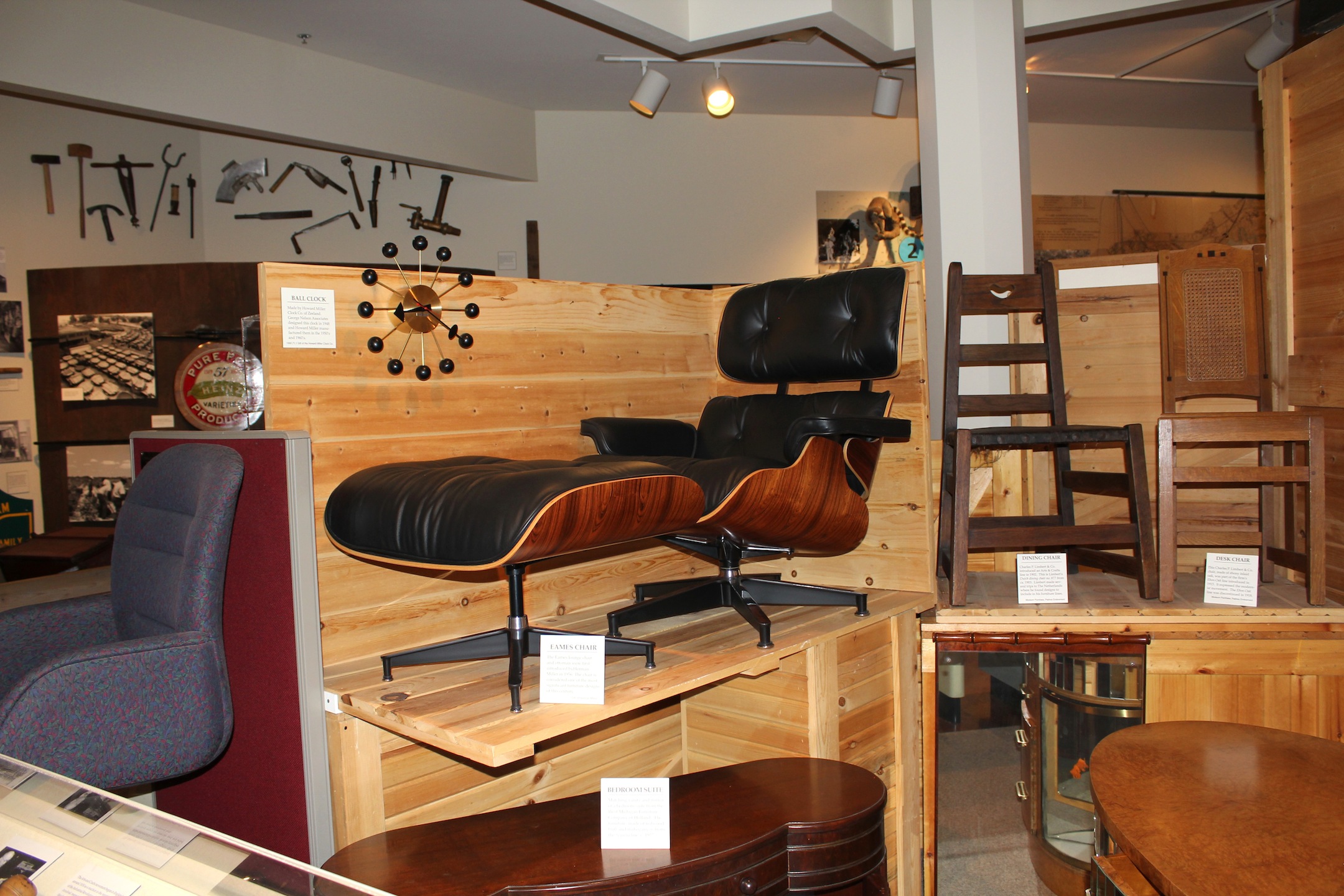
Other Dutch-American cities are the same:
Your comments regarding Holland, MI’s downtown could almost be duplicated for the Dutch founded towns of Sioux Center and Orange City, IA. Both of them have significant manufacturing bases, a philanthropically minded local gentry, tidy well kept and vibrant downtowns, and local religious colleges that are an integral part of the town.
It does not hurt that they are smack dab in the middle of some of the most productive (and expensive) farmland in the world.
Another data point is that they are they form a major part of the political base of Steve King (R) IA, currently most visible leading the anti-immigrant crusade.
On the mixed role of the Big Local Families, which I mentioned recently here:
Holland, like Grand Rapids, is marked by an unusual sort of oligopoly, the dominance of a handful of very conservative, very powerful old (Dutch) Christian Reform families.
Grand Rapids is essentially run by the DeVos clan, the Van Andels (who co-founded Amway with the DeVoses) and the Meijers (founders of huge big-box chain of same name).
Holland is home to the Prince family of Blackwater fame, which is related to the DeVoses — Erik Prince is the brother of Betsy DeVos. These families pour lots of money into local philanthropy (while of course also fighting bitterly against state taxes that would send money to Detroit or Flint or Saginaw), which is one reason why Grand Rapids and Holland look in better shape than many similar Midwestern manufacturing towns.
On a tolerant side of Dutch heritage. I mentioned that the superintendent of schools in the city, who runs a “majority-minority” system, was concerned about students who had been brought to the U.S. when very young and now lived in legal limbo. A reader says that some local residents are still conscious of their own immigrant background:
My father immigrated to Zeeland, MI with his family in 1954 and both of my parents graduated from Hope College. (I rebelled and went to Hope’s rival, Calvin College!) One factor related to immigration and Holland also might be that the Dutch Americans in that area still closely identify with their community and country of origin and see themselves as immigrants albeit several generations down the line for most of them. Especially within the Christian Reformed Church, there is a huge first generation community of Dutch immigrants who came to the U.S. and Canada after WWII (my father’s family would have been part of this wave) so matters of immigration are still within recent memory for many families.
The role of the Bible. A local reader writes:
For a real understanding of what makes the town the way it is, I suggest you read the Bible, particularly the book of Romans, followed by a close reading of the Heidleberg Catechism and the John Calvin’s Institutes of the Christian religion.
The industry of the Dutch reformed community hinges on the central idea of the Reformed faith: that the Chief End of Man is to Glorify God and enjoy Him forever; that according to Colossians 3.17: whatever you do, do it wholeheartedly as unto the Lord. Following these principles leads to joy, love for one’s neighbor, and also prosperity/financial stewardship/generosity, which is why Holland is unique.
They sound like hippies. In response to my post noting the striking “we’re in this together” attitude that helped rescue the downtown, a reader in the Boston area writes:
You say of Holland, “The emphasis on rising and falling together was something I heard a lot — in this politically very conservative area.”
Crikey! I think I understand what you are thinking here, but it sounds very strange. Consider the following imaginary report from the future
“Here in Berkeley California, the city council has approved a second year of free Thursday night babysitting for everyone. This effort to improve nightlife and support new cultural venues has been a centerpiece of Green Party mayor Constance Haywire.
“The emphasis on rising and falling together was something I heard a lot — in this politically very liberal area.”
Today, it seems to me, anyone in national politics who emphasizes rising and falling together will be branded a Socialist by the GOP. And lots of conservatives would, I think, endorse a general stance that self-reliance is essential, that depending on anyone else for your family’s safety, welfare, and prosperity is a sign of bad character.
We have lived long enough that Norman Rockwell’s America sounds like a land of hippies.
Maybe more hippieish than it seems. I noted a statue of children saluting the flag. A reader points out something I missed:
As a twenty-year resident of Holland, MI and a graduate of Hope College, I enjoyed your recent article. I just wanted to note that if you look closely at the sculpture you mentioned as “non-whimsical statements like this,” you’ll see that one of the children saluting the flag has her fingers crossed behind her back. More whimsical than it might first appear.
‘My city was gone.’ A reader in Australia, originally from the American Midwest, notes the importance of local wealth — or its absence.
Thirty years, back, in almost every major city of the Midwest, there used to be from a handful to two dozen listed companies with their head offices in each.
Today? Almost all these co’s have been ‘rolled up’ into mega merged entities.
So?
25 or 30 years back, these companies would provide a lot to the communities in which their head offices were domiciled:
– Charity donations; in many cases, heading up charities themselves
– Their corporate executives would purchase wasting assets and invest/renovate them, adding value to the greater community, eg the Fox Theatre in St. Louis in the early ’80’s
– Heading up or being major donors to, art museums, galleries & arts festivals
– Heading up or donating to major urban redevelopment
– Owning/sponsoring sports teams, eg Anheuser Busch and the St. Louis Cardinals
– Funding research in local universities
I could go on, but you get the point. In the city in which I grew up, St. Louis, there were over fifteen that no longer exist: SW Bell (RBOC), General Dynamics (moved to TX for lower tax), Ralston Purina, Mallinckrodt Chemical, Sigma Chemical, Anheuser-Busch, a dozen regional banks, ten or eleven hospitals now part of three mega groups, etc etc
Its a huge loss to the local communities, not just in the dimensions articulated above, but in identity, that the region is a ‘player’ and can punch above its weight nationally. For example, if you’ve read Michael Porter’s ‘The Competitive Advantage of Nations’, his ‘cluster’ model includes both suppliers and customers which drive innovation in products and services. But when the big dogs leave, so too do the suppliers, collective IP erodes and withers away, and if you wanted to, for example, recreate the capability for fine chemical manufacturing (which I started out in after uni), ‘you can’t get there from here’.
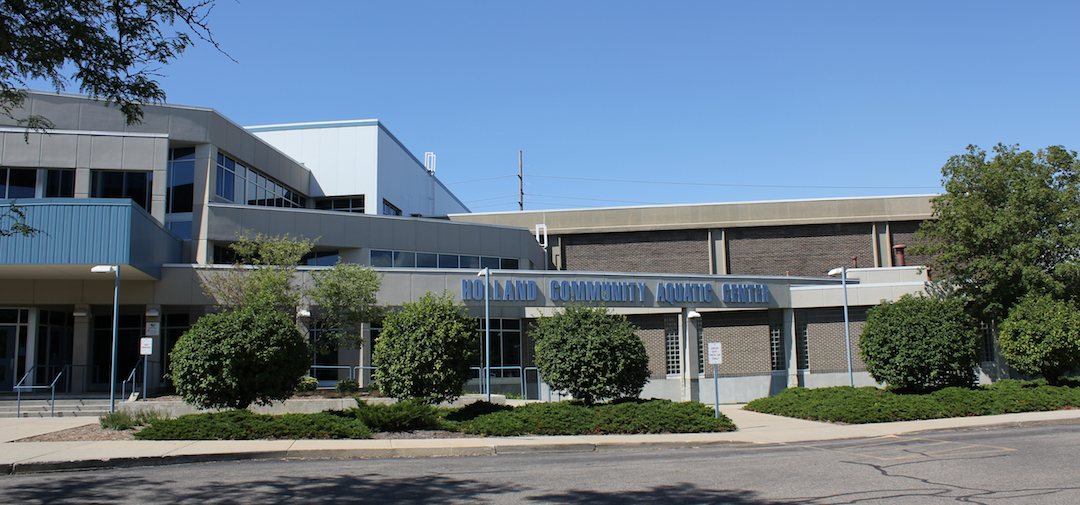
• I have nothing but praise and admiration for the Padnos family. Their example of quiet, persevering philanthropy is a model. Theirs is a gritty, dirty business, but they always have tried to manage it in the most responsible way possible.
• The charming aspect of Downtown Holland owes mostly to the ministering hand of the Prince fortune–but the family applies a determinative thumb on the scales in recompense for this largess. (Edgar, when alive, acted mostly benevolently.) Rents downtown are high, and what might be allowed is tightly regulated by private influence over public administration. “Conservative” does not obtain here in politics only. First wave of a re-nascent feudalism? (Support: Large migrant population seasonally, invisibly, picking crops here.) A review of current, demographical statistics would undercut the inordinate power the white, ethno-Dutch population wields. Tulip Time vs. Tulipanes.
• Erik Prince, founder of Blackwater/Xe, was spawned here. Living like a spider in Dubai, last I heard.
• The churches are not for Sundays/show merely; still exercise an outsized, ecclesiastical authority over what occurs commercially. Atheists/Agnostics need not apply.
• The city council has resisted recalcitrantly passing a human-rights ordinance against sexual-orientation discrimination–in spite of similar initiatives passing in other municipalities across Michigan. Jay Peters, a crying-in-the-wilderness voice, is worth interviewing. Holland is Ready.
• According to West Michiganders, the Antichrist resides in Detroit, whence all evil emanates.
• Hope College, once considered a “Harvard of the Midwest,” now aspires to be a middlebrow Christian college. Babbit lives! A pharisaical pedagogy prevails (“Thank, God, we are not as others!”)
• Your photo of the Big Red lighthouse is from the Southside. Most Hollanders will no longer be able to view it from this aspect. The DeVos/Van Andel (Amway–quintesssential Horatio Alger story we gullibly believed) fortunes are the other wing steering Holland’s course. Recently, these families have curtailed access to the lighthouse (public-trust doctrine–confluence of local/state/federal authorities). Buy it and barricade it. There are credible suspicions that big money is influencing recent decisions within Park Township (titular authority over lakeshore properties). Increasingly, the public is being foreclosed access to the Lake. A second closing of the Commons. Just ask the Great Lakes’ surfers
We still consider it home. To round this off for now:
We spent 12 years living near Kalamazoo from 1991 to 2003, having moved there from [northern California], and subsequently to [the LA area], where we now reside. We still consider our time in Kalamazoo as the highest quality of life at the lowest cost of living we’ve ever experienced, and have long-standing friendships that we highly value.
My wife is a board-certified veterinary pathologist, and finds employment at pharmaceutical companies doing early drug discover R&D. I am a computer software developer, specializing in regulated software development for medical devices and pharmaceutical research and manufacturing.
In [NorCal], we always felt financially stressed, and while paying for our house, only had enough money for second-hand furniture. We rarely went to movies, and never made it to cultural events.
We left in 1991 when my wife’s biotech employer went out of business, and my medical device employer left the area. Among our choices was Kalamazoo, where my wife had a standing offer of employment; I was able to contact friends in the area and get a job immediately as well. We retained our northern California salaries, and had made a little money on the sale of our house…
For just over half the cost of our California house, we found an architected house on a private lake, in a nice neighborhood, with fabulous neighbors. We were able to find much more cost-effective child care, excellent public schools, and great cultural opportunities.
In our neighborhood, all the parents knew all the kids, and all the kids knew it. The parents would get together once a year to discuss curfews, expected behaviour, etc., yielding an environment in which no kid could say “But Johnny’s parents let him stay out until midnight…” The neighborhood was adjacent to a large nature preserve, and the kids were encouraged to roam the neighborhood and the woods, as long as the kids stayed together in a group. The neighborhood also had a small swimming beach, and kids were allowed to go swimming as long as a parent was on hand.
We found that the descendents of the Upjohn family were still very active in the community, and through the Upjohn and Gilmore Foundations, funded a very active arts culture. These foundations paid for arts education in the public schools in Kalamazoo and surrounding school systems, sponsored a really decent symphony orchestra and a chamber orchestra, provided grants to community arts organizations, and saw to it that the downtown area in Kalamazoo was also vital.
As a community chorus member, board member, and board president, I was able to get very involved in the arts environment. I regularly interacting with the grants organizations, asked to participate in the selection of the new orchestra conductor, and meeting college and university executives as well as business leaders in sharing our enthusiasm with the arts.
Over the 12 years we lived there, we repeatedly saw Kalamazoo-area companies mature and grow, becoming successful regionally, and then being acquired and consolidated into out-of-state regional or national companies. This happened with the Gibson Guitar company, with First of America Bank, and others – each time, taking highly-paid and well-educated people out of the community. This culminated in 2003 when Pfizer acquired Pharmacia-Upjohn, and bid 8,000 highly-compensated, well-educated, and high-engaged community members adieu.
The community responded with something called the Kalamazoo Promise – encouraging people to stay in the city, and move there. This creative program paid for two to four years of college in Michigan in exchange for 8 to 12 years of public education. The foundations also sustained arts funding, and downtown development.
Our daughter completed high school here in [SoCal], and was accepted at Smith, at Occidental, and University of California, and chose to return to Kalamazoo to attend Kalamazoo College. She’s now at University of Chicago, doing her PhD. Our son, in graduate school at Carnegie-Mellon University in Pittsburgh, goes camping at our Kalamazoo friends’ annual summer event in Michigan’s Upper Peninsula. Our family is also represented every year at our friends’ annual multi-day New Year’s party, held in their downtown Kalamazoo house.
Despite living in southern California for the last ten years, we still consider Kalamazoo home.
Every time we went to some little place in China, we ended up thinking: we had no idea how much was going on there. The major point of this whole exercise is to convey some of the texture, in good and bad, beneath our normal descriptions of “declining Rust Belt” or “red state and blue state” and so on.
Next up, Sioux Falls, South Dakota. Marketplace begins its reports from Sioux Falls tomorrow, and my wife and I, with John Tierney, will be rolling out posts in parallel.
All photos by James Fallows

